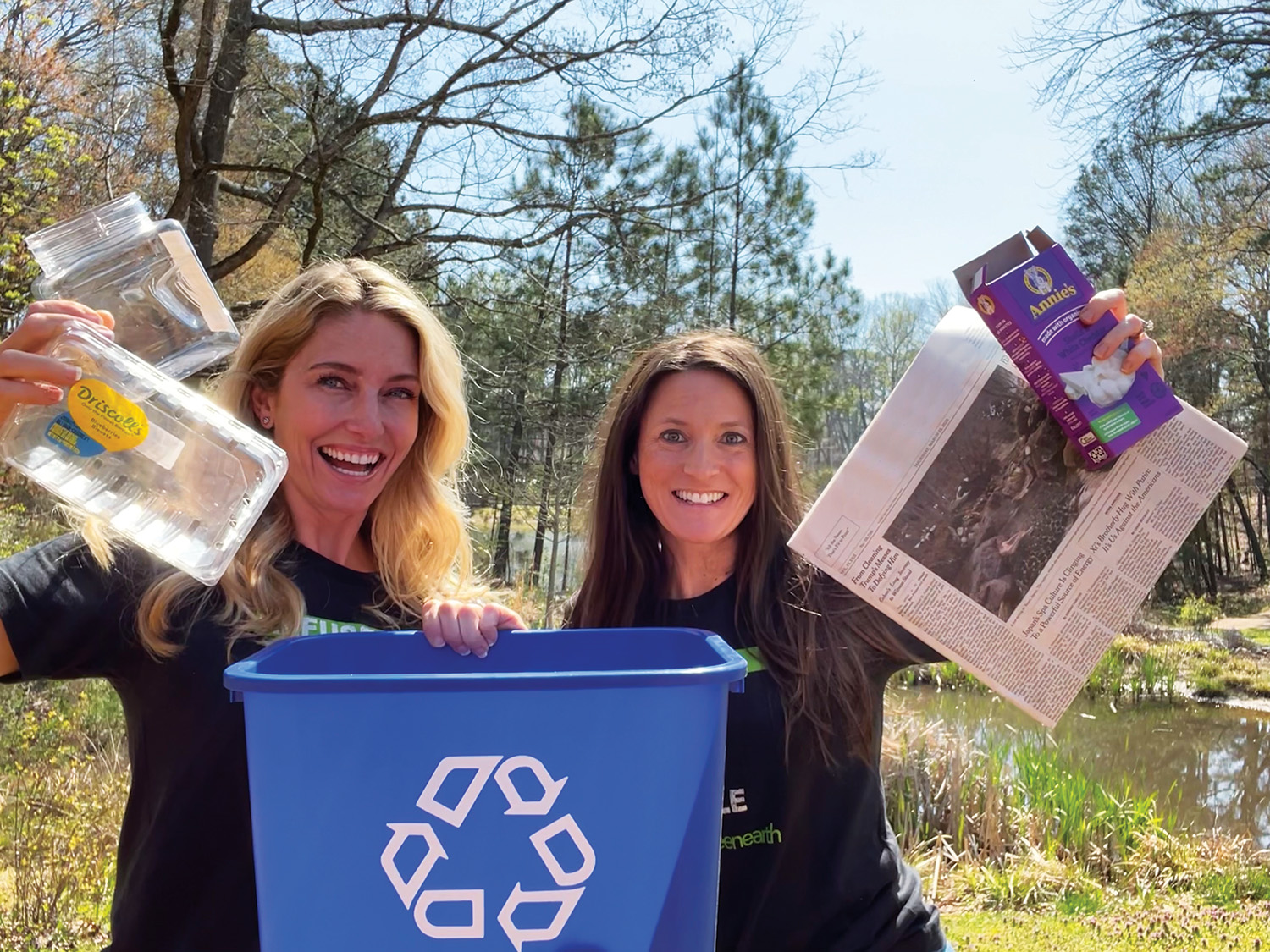Debunking Recycling Myths
There are three words that you must have heard growing up– reuse, reduce and recycle. These terms were first taught in school. With the rise in environmental issues, people have become more active towards taking more greener approaches. Although the term “recycle” has been used widely, the practice is not as common as you would think.
There are various misconceptions regarding the process of recycling. It has also been a subject of debate whether the products made from recycled products or materials are of acceptable quality. Due to certain myths, there is much misinformation circulating in American households. Read this blog to know what they are. Meanwhile, Ibex rubbish bin rentals offer affordable and eco-friendly waste disposable options.
Debunking recycling myths
- “Eco-friendly” means the product is environmentally friendly.
Sometimes, companies may try to sell their product by telling their customers that their products are “eco-friendly” with misleading information, when in fact they are not “green” products. Plastic bottled water companies are a good example. They advertise by using words such as “fresh” and “natural” when, in reality, they are making the problem of pollution worse. Many companies also use fake green stickers that say “95% biodegradable”.
- Items made of different materials must be sorted.
Many people do not attempt recycling because they think it is a lot of work to sort different materials in different trash bins. While sorting materials can be helpful, recycling can be successfully done even when not sorted. Some towns may ask homeowners to separate paper, but many places around the country use single-stream recycling, where all recyclable products are processed together instead of separately.
- Materials in a landfill will eventually decompose.
This is a big misconception about landfills. Many people think landfills are used to decompose wastes, but they are actually designed to let the least amount of oxygen or moisture flow through, two things important for decomposition. The purpose of landfills is not decomposition; rather, it is to bury the loads of waste that have nowhere else to go. Thus, recycling creates more space in landfills.
- You cannot recycle crumpled bottles or cans.
Many people think you cannot recycle crumpled bottles or cans, which is simply not true. Ideally, people throw perfectly shaped plastic bottles and metal cans and leave the crunching up to the heavy machinery. However, if you have already crumpled them up, on purpose or by mistake, you do not need to worry about them not being recyclable anymore.
In case you want to dispose of your bottles or cans at your local recycling center, then you would want to keep them intact.






